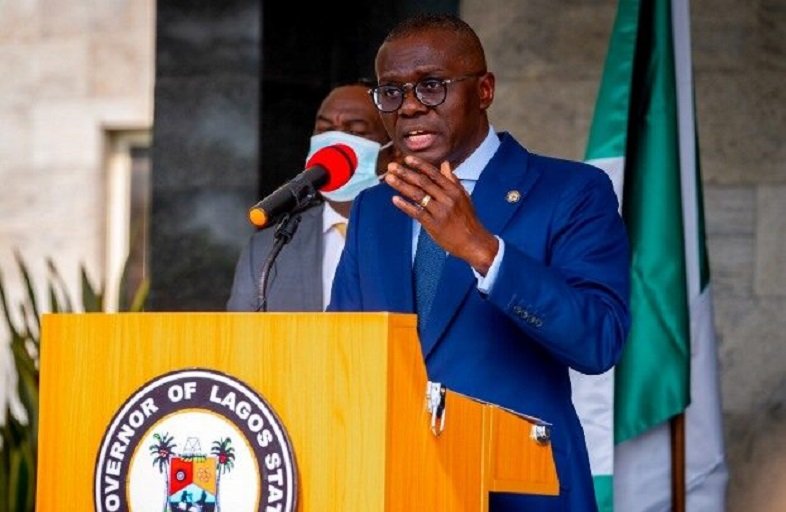The Lagos State Government has shut down a private hospital in Ago-Okota, Oshodi-Isolo Local Government Area, for accepting unscreened and unlabeled blood and giving it to uninformed patients.
Dr. Bodunrin Osikomaiya, the executive secretary of the Lagos State Blood Transfusion Service (LSBTS), announced this in a statement issued on Sunday by Tunbosun Ogunbanwo, the State Ministry of Health’s Director of Public Affairs.
According to Osikomaiya, the Lagos State Blood Transfusion Service (LSBTS) sealed the health facility in collaboration with the state Health Facilities Monitoring and Accreditation Agency after receiving a report from a concerned resident.
“Following the tip-off, and after thorough investigations, the enforcement teams of LSBTS and HEFAMAA, during their joint monitoring exercise in the area, visited the facility and confirmed to be true, the unwholesome, unprofessional, and unethical medical practises and conduct of the hospital management,” Osikomaiya said in a press release.
She stated that the clinic was shut down due to violations of the blood transfusion service law, unethical and unprofessional medical practises, and jeopardising the lives of unsuspecting victims.
“The law states that no person within Lagos State shall transfuse blood into a patient unless such blood has been screened, tested, labelled by the state blood transfusion committee, and found to be negative for all transmissible diseases, including HIV I and II, Hepatitis B and C, Syphilis, and any other disease as may be deemed necessary by LSBTS,” she went on to say.
The executive secretary stated that the information on the blood donors and transfusion patients had been obtained from the hospital’s administration.
Patients who received unscreened units of blood at the institution were traced as part of the process to determine their clinical health status and assure their safety, she said.
Osikomaiya stressed that the hospital’s management and any personnel discovered to have participated in the illegal behaviour will face legal consequences.
She went on to remark that the agency has updated its strategies for sanitising the state against unethical blood transfusions and was still combating the state’s unwholesome practise of transfusing unscreened blood.
Osikomaiya advised people to report any infractions or unwholesome activity they witnessed in order to aid in the battle against unwholesome blood transfusions.
She also urged medical professionals and other parties involved in the blood transfusion chain, such as blood banks, donation facilities, and logistics companies, to strictly adhere to state blood transfusion laws and World Health Organisation rules regarding blood donation, collection, and transfusion.











